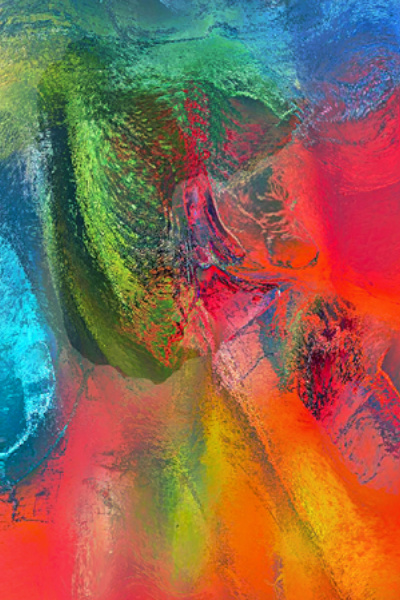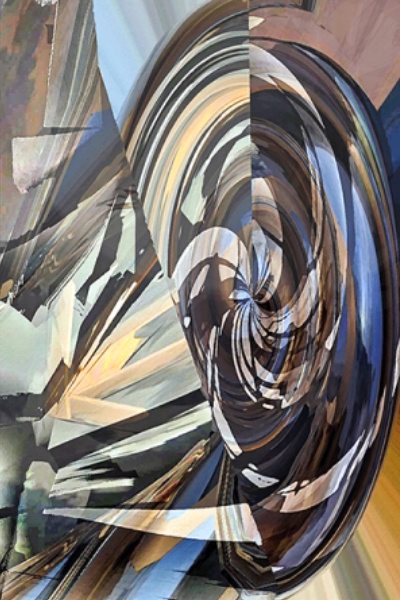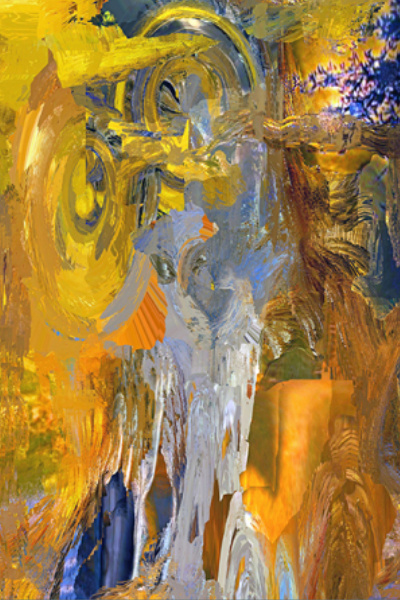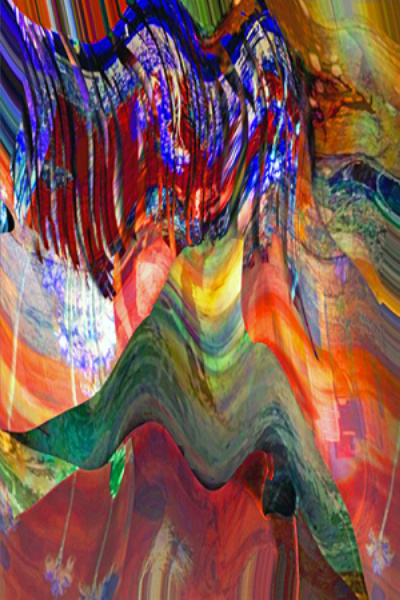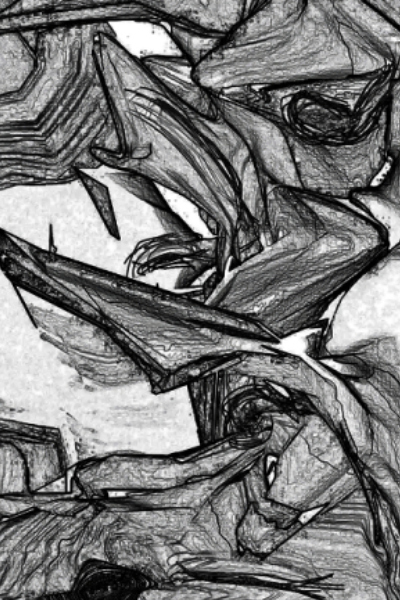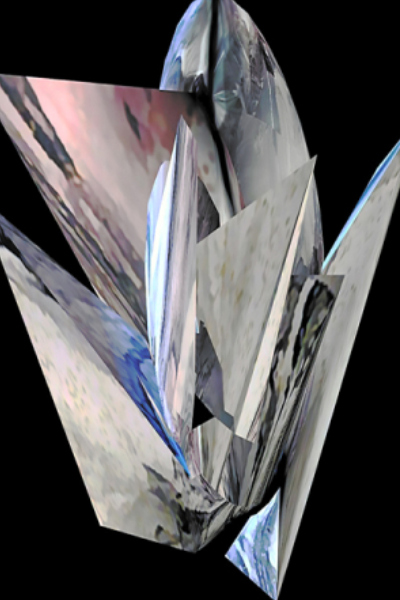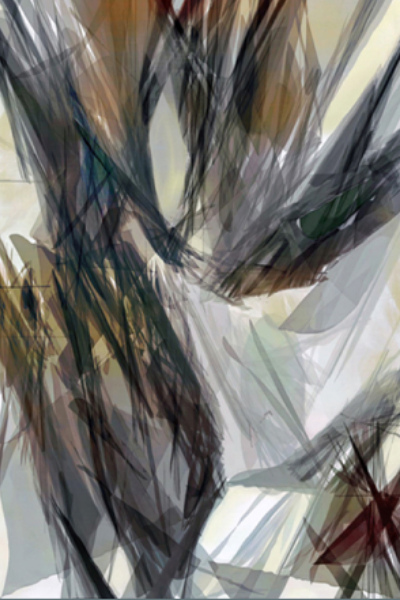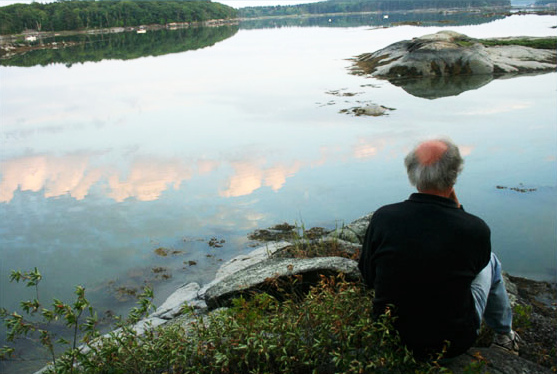
Otto Laske
On this website, I am bringing together my artwork in music, poetry, and the visual arts, including my animations which synthesize these three arts. The art I practiced first in my life is poetry — a discipline I returned to in 2024, writing in English. I consider my visual art – painting, graphics, and animations – as visual music.
I am known mostly as a musician and musicologist even though my earliest work is in poetry, first in the German, later in the English, language (1955-1995). I started music composition on my own in the 1960s, inspired by the “new music” I heard and heard explained in Darmstadt, Germany, the country I lived in after my flight from Silesia in 1945 where I was born (1936). As a writer, in the early seventies I combined theoretical and esthetic interests and pioneered a new science, cognitive musicology, a topic I have written about for 25 years (1969-1994).
About (Artist Resumé)
My life-long artistic pursuits, most of them based on working with the digital computer, include music, poetry, and more recently work with digital images. The need to express myself is ongoing, and that need is focused on FLOW. I have combined music and poetry, not just my own, many times, as shown in the repertory of compositions on the site. To link music and images is a new endeavor of mine that started in 2009.
Music & Musicology
Music listeners typically orient themselves historically, asking: what tradition of composition is this music a result of? In the case of my own electronic and acoustic music, the answer I would give is: my music can be understood as an outflow of teachings of the Darmstadt School as well as the Frankfurt School.
- Utrecht Series
- Needham Series
- Medford Series
- Gloucester Series
About Cognitive Musicology
“Cognitive musicology” is the name I gave to the discipline of my invention whose purpose it was to understand in depth the relationship between mental processes called “musical” – such as “composing”, “analyzing music”, “conducting music”, “performing music”, etc. – and the “musical” results they produce. I felt that it was time to re-focus musicology on the processes that make music come into being, rather than fixate attention on the “dead” historical results called “musical compositions” strewn over many historical periods.
